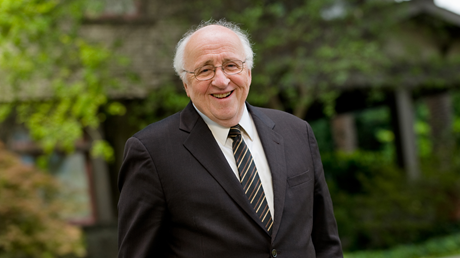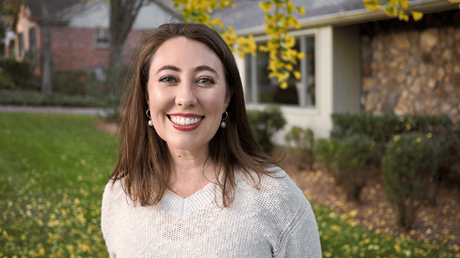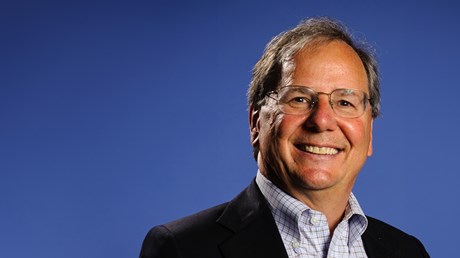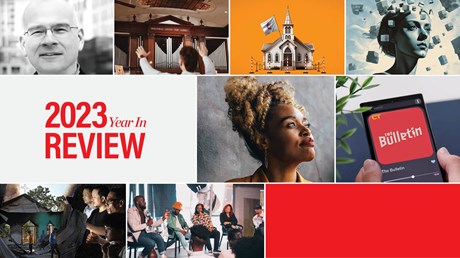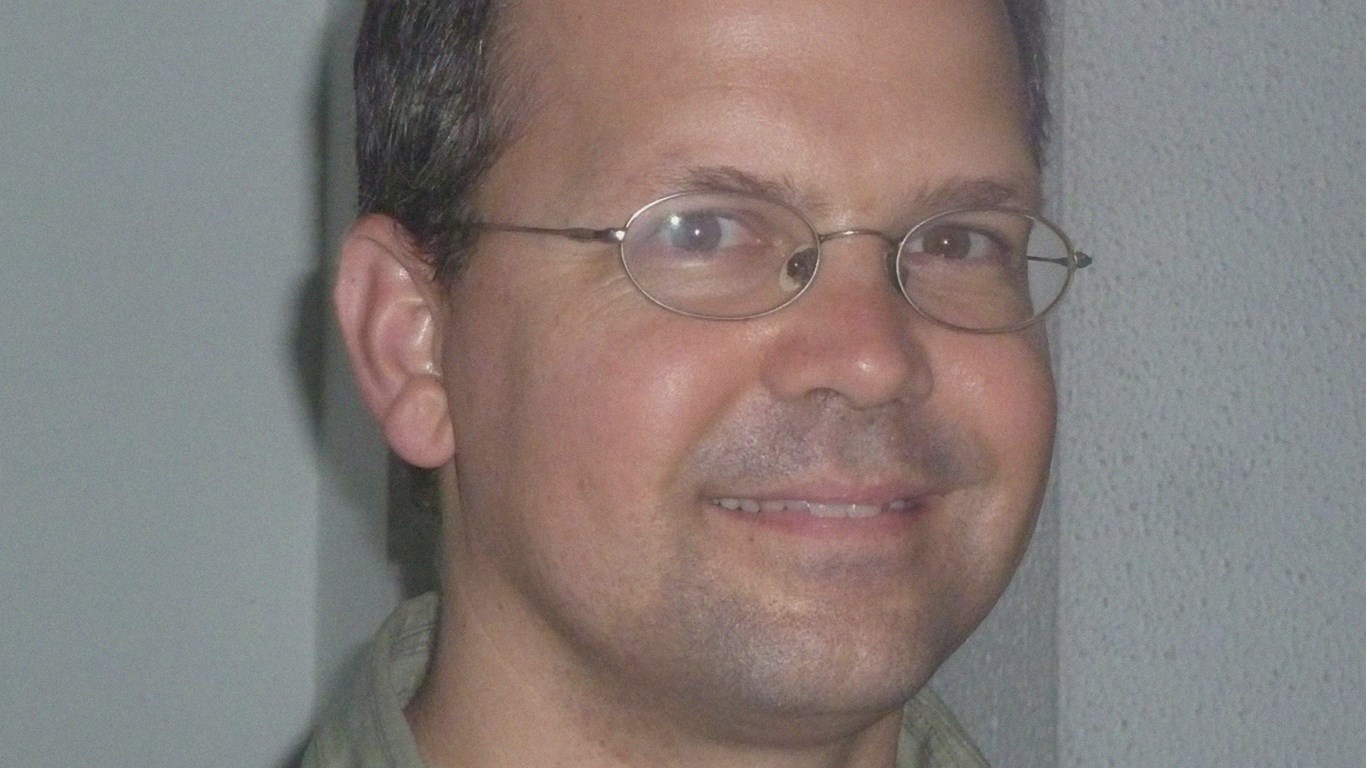
Christianity Today is on the frontlines of what’s affecting the church worldwide. Help this global reporting continue.
Give NowChristianity Today is on the frontlines of what’s affecting the church worldwide. Help this global reporting continue.
Give NowThere are about 2.3 million Christians in the Arabian Peninsula—more than nearly 100 countries can claim. What does that look like on the ground? Christianity Today's Middle East correspondent Jayson Casper recently spoke with assistant editor Morgan Lee on his fascinating story on why Christianity is surging in the heart of Islam. In the interview, Casper explains why Gulf States want churches, how globalization affects religious freedom in the region, and what most surprises him about the region's Christianity.
As judged by the Facebook shares (over 6,000), this story surprised many of our readers. To what extent did you "stumble" on this story?
The story was suggested by CT's News Editor Jeremy Weber, but I was eager to take it on. I was aware that there were churches in the region for a long time, but always curious about what local Christianity looked like.
Would the number of churches come as a surprise to those who live in the Gulf?
As far as the Gulf is concerned, the presence of churches is well known. If one is nonreligious, they would not necessarily be spotted, but anyone looking can find them easily. Many churches have an active web presence. Christian leaders in the United Arab Emirates, as well as a high ranking member of the royal family, told me the government wants to do all it can to facilitate the worship of Christian foreign workers. They value the wholeness the church can provide. Otherwise they deal with the normal vices found in Western society but out of place in the Gulf, and on top of it suffer from loss of productivity when workers suffer loneliness and depression.
What was hard about doing the reporting for this piece?
Balancing the good news—foreign Christians have been largely welcome to the country—with the reality that this freedom does not extend to Gulf citizens. Overwhelmingly, Christian leaders wanted to accentuate their appreciation to the authorities. But there was also a tenor among some-off the record—that a glowing portrayal would not be right. The focus of the story is to help correct the wide assumption among many Western Christians that the Islam of the Arabian Peninsula is intolerant to Christianity in general. But getting the right tone of 'yes-but' was not easy.
What did you find most surprising in your own reporting?
The physical size of the church buildings, how they are part of the landscape of the community and not hidden away as eyesores. There is money in the Gulf, so everything is big. But while I knew that Christianity existed within a level of tolerance, I had no idea about the level of normalcy these buildings imply. (See pictures here.)
What's something you wish you could have included in the final draft that didn't make its way in?
There were several charming stories of interactions normal Christians had with their neighbors. A Sunday School teacher. A military instructor. An IT manager. Each one came for a job, but was living their Christian life—and often speaking of it—in winsome ways. I also heard about churches organizing service trips into the migrant labor camps, and some of the difficulties experienced by the majority Asian population. Not all of these stories made it into the article, but they served to confirm what leading sources conveyed.
In the article you write, "Thanks also to global capitalism, that freedom is not going away." To what extent do you think this freedom will expand?
It is difficult to say. Because the nations of the Gulf are so young and their economies are expanding so rapidly, many sources told me that the authorities sort of make it up as they go along. Concerning the churches, this means there is often no set of regulations that can be followed in a clear cut manner. So much depends upon decisions of higher-ups that come through relationship more than bureaucracy. They prefer to deal with a head of denomination and let them regulate affairs internally. So one measure of expanding freedom can be seen if this freedom simply gets written down into law. Another measure of freedom, perhaps, exists in comparison between the Gulf States and Europe, both of which have received many migrants over the past decades. Europe has extended citizen rights to many, while the Gulf does not. Will the Gulf ever offer a similar opportunity? If so, can they accept Christians as citizens as opposed to guest workers? Globalization and multicultural realities often produce a liberalizing effect, even as they can spark backlash. Over time will these realities fundamentally change Gulf attitudes? It is a fascinating possibility to observe. [Note: Both Bahrain and Kuwait have a tiny number of Christian citizens originally from other Arab countries.]
In the article you write "that Gulf churches exist at all stems from relationships, not economics or law." Who are those relationships open to? In other words, is it only between Arab men and Western white men? Or are these accessible regardless of ethnic background or gender?
In the article, that sentence meant the origin and continuance of the churches is due to the very specific relationship between Christian leaders and the ruling authorities. In terms of relations between guest workers and Gulf citizens, I think the general culture does not facilitate mixing. In many settings the migrant workers are the majority, and many citizens do not work except in management at the level of "boss." This would include the vast sector of domestic labor, which I did not sufficiently encounter. Non-Western migrants also complained about a level of hierarchy, with increasing discrimination felt by the darker of skin and the lower of economic level.
In your observation, how has the Western Protestant church been affected by Gulf State culture?
Most leaders celebrated a far greater level of diversity than would be experienced by most Christians in America. They would say that our congregation is a 'taste of heaven' as they listed the number of nationalities and languages worshipping together. This is certainly part of Gulf culture stemming from economic realities—not necessarily the Arab Muslim culture they maintain among themselves, though in some settings it is also seen here.
Morgan Lee is assistant editor of Christianity Today.



